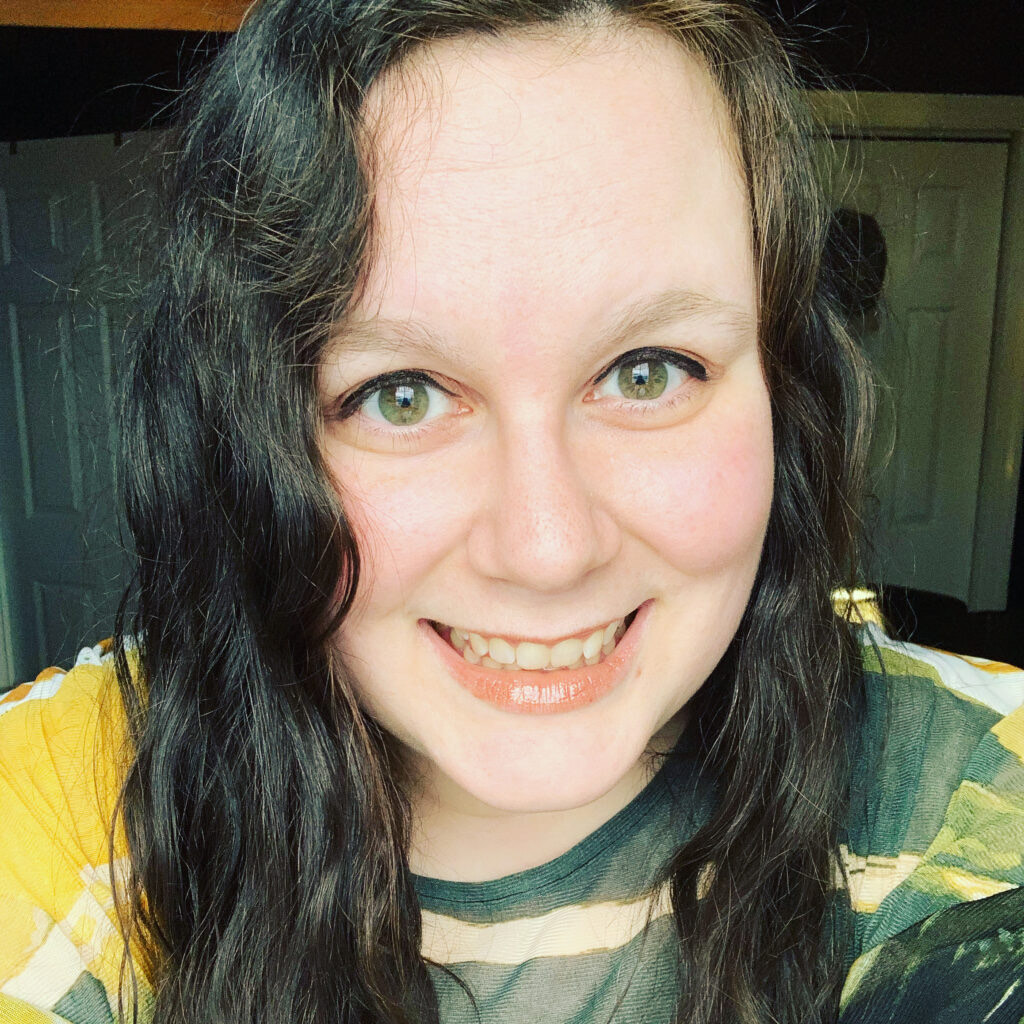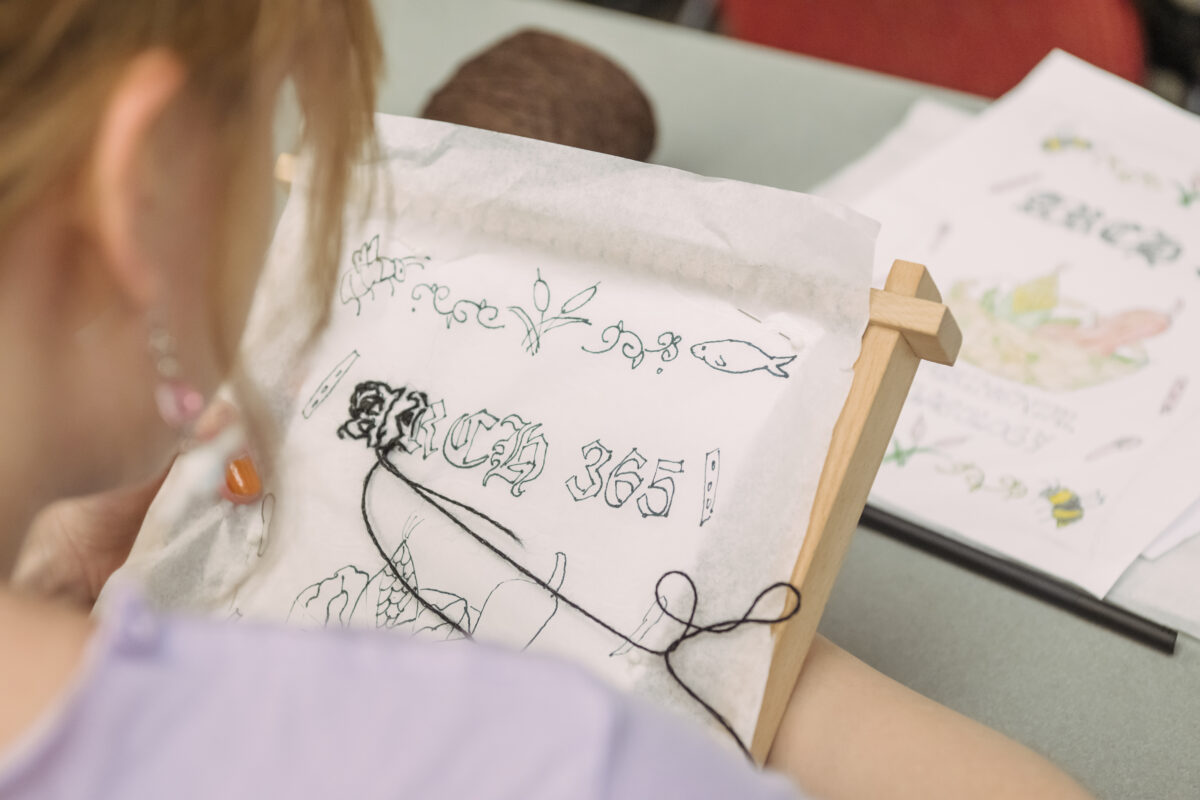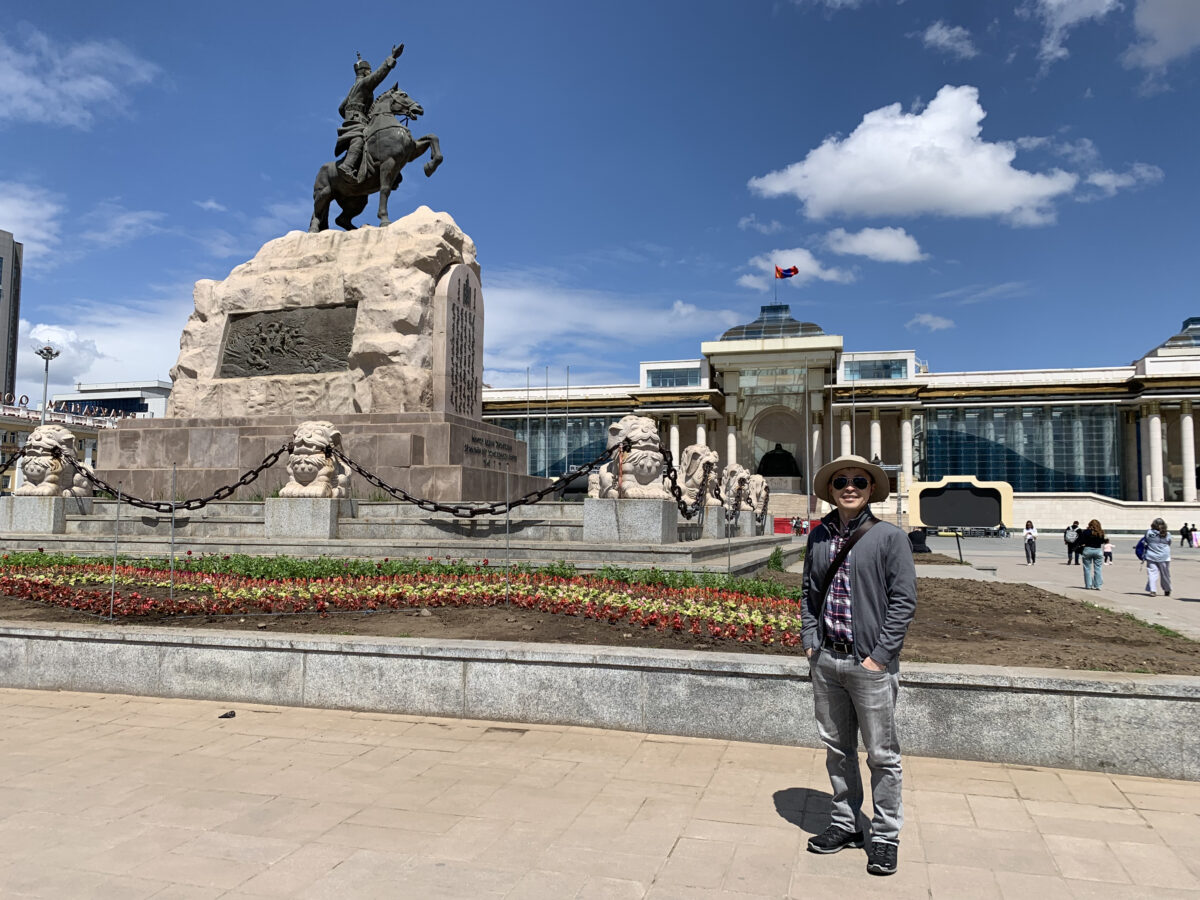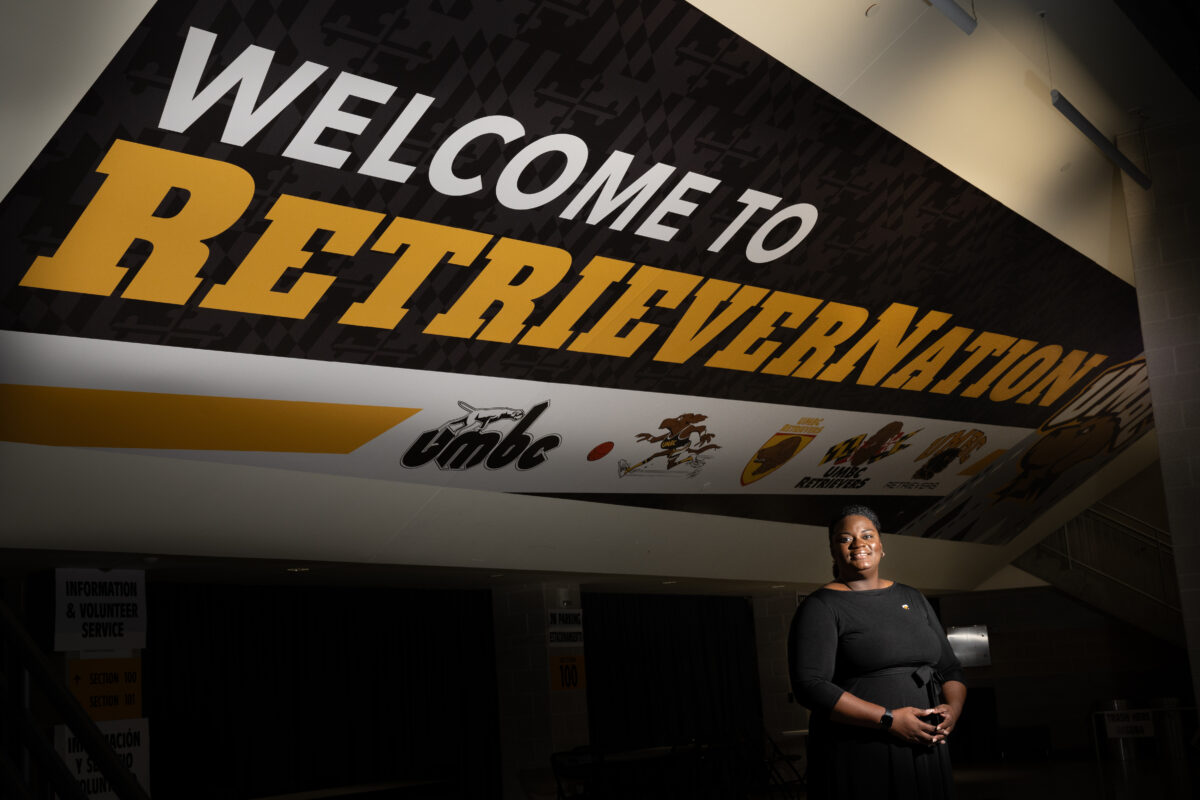A sense of reverence filled the virtual air as panelists for a UMBC event commemorating the 20th anniversary of the September 11th terrorist attack shared their stories with participants. Some speakers stumbled over the emotional burden of their memories, while some were more analytical and overarching. Others still were descriptive and chronological. Despite the individual ways of processing that collective trauma, along with the fallout of the war that followed, UMBC participants gave the space needed to handle the difficult and nuanced responses.
UMBC leans into having difficult conversations, especially ones built around inspiring future change and community-building—asking collectively “What values do we want to reflect?” With an emphasis on creating a community of inquiring minds, UMBC is a space where people from different perspectives have difficult conversations but informed by skills learned in and out of the classroom. Regarding issues like disability equality and the Israel-Palestinian conflict, for example, campus groups encourage participants to lean into possible discomfort for the end goal of forming a stronger, more authentic community.
Critical social justice on campus
“Navigating campus might be difficult for students without disabilities just because it’s a very physical undertaking, but there’s a lot of us out there who are physically disabled with a lot of issues…I can move under my own power, but that doesn’t mean that I should be doing certain things regularly,” says Darcie Adams ’23, gender, women’s and sexuality studies (GWST) and Russian. “Sometimes I have to walk dramatically out of my way to avoid [inclines] and stairs.”
For students like Adams, taking a look at campus requires a critical social justice (CSJ) lens—one that examines the physical hurdles that everyone, especially disabled individuals, face. Certain buildings and classrooms, Adams points out, are made inaccessible by small desks, inclines in hallways, and other half measures that only meet the bare minimum. To tackle these issues from a CSJ perspective means to look at solutions that can help the UMBC community as a whole.
“Improvements for the disability community impact and improve the lives of everyone, and it really needs to be thought about from that perspective,” Adams puts it.
This academic year, the Women’s Center at UMBC announced that their annual Critical Social Justice initiative will tackle disability justice and accessibility. This initiative asks us to confront the barriers that still exist for students, staff, and faculty with disabilities, affirming those in disability communities, moving past stereotypes that hinder true representation on campus, and pushing for accessible spaces both inside and outside of the classroom.
The Women’s Center pushes for equity from a perspective that affirms all identities. In previous initiatives, this meant engaging in conversations about resilience, what home means in relation to identity and community, systemic injustices, and creating brave spaces where difficult subjects can be brought forth.
Identity can inform the ways in which people engage with social justice activism. “Critical social justice asks us to really consider how we can come at activism in a way that’s authentic to us and true to our own strengths,” says Amelia Meman ’15, GWST, assistant director of the Women’s Center.
Working together toward social change
It’s not always easy to talk about the exclusion of students, staff, and faculty, or about the ongoing process to replace normative depictions of disability. But when we grapple with inequities, critical social justice asks us to challenge the narrative that demands the disabled individual change in order to fit in with society. And that can mean having some difficult discussions.
“The focus of CSJ is creating what we call brave spaces where we can sit in a place of discomfort and have harder conversations that need to be had in order to get social change to occur,” says Elise Turner ’23, social work, a member of the Women’s Center planning committee for the initiative.
Brave spaces, as Turner puts it, are spaces where we can not only feel safe as a community, but where we can learn about one another and about the reality of hardships. At the same time, these spaces can draw understanding and empathy from non-marginalized groups.
For the remainder of the 2021-22 academic year, the Women’s Center will be facilitating virtual events and workshops where members from the CSJ committee and disabled community will speak about the history of disability justice and making UMBC a more inclusive and accessible place. Some of the upcoming events include a screening and discussion of the documentary Crip Camp in October and a reading group starting in November. Anyone is welcome to attend these virtual events.
“Disability looks like a lot of different things, and the one uniting factor of what disability is, is that…bodies and minds are different and diverse,” notes Meman. “I hope that CSJ can center and uplift the voices of disabled folks at UMBC and in a way that allows them to speak their truths.”
Hope for the world
For UMBC Hillel, one of the Jewish communities on campus, the concept of “Tikkun Olam,” the Jewish ideal to repair the world, frames these difficult conversations. The Hillel community sees campus as a great launching point for critical social justice because a multitude of communities exist within a small place.
“If we can get people on this campus with different perspectives to get along with each other, even if they disagree on their perspectives, that gives us hope for what is happening in the Middle East,” says Danielle Baron, Hillel’s Israel engagement associate. “The hope is we can be models for what can happen around the world.”
With their program Resetting the Table, a series of two-hour facilitated conversations for students discussing the Israeli-Palestinian conflict, the goal is not to necessarily change people’s perspectives. Instead, using a dual-narrative approach, they want participants to gain a more nuanced understanding of the Israeli-Palestinian conflict and the skillset to discuss the topic respectfully regardless of background or perspectives.
As Aliza Silverman, director of Jewish Student Life at UMBC, puts it, the group hopes that people leave with “willingness to have these conversations— walking away with the skills and the enthusiasm for continuing them.”
Finding Common Ground
UMBC provides additional access to these skills through several organizations. ConnectionCorps, a program run through the Center for Democracy and Civic Life, is a cohort of students dedicated to facilitating tough conversations. Through long-term discussions on the theory and practice of facilitation, students can take their skills and conduct conversations on systemic injustices, oppression, ways to strengthen the surrounding communities, etc.
The Center’s Director David Hoffman, Ph.D. ’13, language, literacy, and culture, and Assistant Director Romy Hübler ’09, MLL, M.A. ’11, intercultural communications, Ph.D. ’15, LLC, share, “We believe facilitation is an underappreciated but enormously important practice. People who know how to create spaces in which participants can tell their stories, develop trust, and engage challenging issues with mutual respect can help to build thriving communities. The ConnectionCorps will help students become adept and compassionate facilitators and leaders.”
The idea that hard conversations do not have to be polarizing is not a new concept, and it is one that UMBC holds as an integral part of its identity. During the 9/11 Pivotal Moments program, while the stories portrayed a similar sense of uncertainty and fear during that time, they also showcased that at UMBC there was still a sense of community and safety. This truth continues to be a reality today, in the Women’s Center, interfaith groups, and other spaces on campus. Speaking at the 9/11 event, President Freeman Hrabowski said, “For me, the message for us in education is we must teach our students about the importance that we are connected with others across the world and the worst thing we can do is hate other people but rather [we should] find ways of finding that common ground.”





